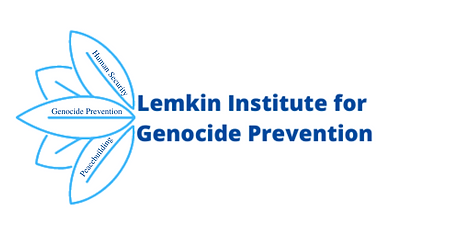A Year On, No Justice for Myanmar Massacre
Military Crackdown in Hlaing Tharyar Continues
On March 14, 2021, “Zarni” joined protests in Hlaing Tharyar, near Yangon, against the Myanmar military’s February 1 coup. The large protests were planned by factory workers, a large portion of the industrial area’s residents.
Protesters prepared barricades to ward off security forces, who had been cracking down on peaceful protests around the country.
But there were no arrests that day, Zarni said. “They just shot to kill.”
Human Rights Watch documented that police and soldiers with assault rifles deliberately surrounded – or “kettled” – the Hlaing Tharyar protesters, killing at least 65 people. The security forces, witnesses said, emerged from different directions to trap them.

The shootings in Hlaing Tharyar stand out as one of the deadliest days since the coup, not least because of the apparent premeditated use of lethal force.
A year later, Zarni says Hlaing Tharyar is still not safe. “We have been under martial law since then. So long as the military exists, we continue suffering.”
The challenges of documenting human rights abuses in an increasingly closed country make exact tallies of people killed difficult. The Assistance Association for Political Prisoners has reported that 1,600 protesters and bystanders have died since the coup. The Armed Conflict Location and Event Data (ACLED) project suggests a far higher number of total deaths. The United Nations refugee agency, UNHCR, estimates 837,000 people are displaced within Myanmar, over 500,000 since the coup.
In October, the authorities forcibly evicted and destroyed informal settlements in Hlaing Tharyar, leaving at least 8,000 families homeless. Night raids and arbitrary arrests have continued, while closed military courts handed down death sentences. Unemployment and food insecurity have also increased in Myanmar, and the UN Development Program predicts urban poverty rates will triple in 2022.
The UN Human Rights Council will discuss the situation in Myanmar on March 18. The council should call on the UN Security Council to adopt a resolution referring the situation in Myanmar to the International Criminal Court and recommend to the UN secretary-general to further assist international mechanisms investigating abuses. It should also call for all revenues from oil, gas, timber, and gems that flow to the military and fuel abuses to be put into an escrow account in the name of the Myanmar people until a democratically elected civilian government is restored.
Failure to take strong steps in Myanmar emboldens the military to commit further abuses and unnecessarily prolongs the suffering of people throughout the country.
(c) 2022, Human Rights Watch
https://www.hrw.org/news/2022/03/14/year-no-justice-myanmar-massacre



